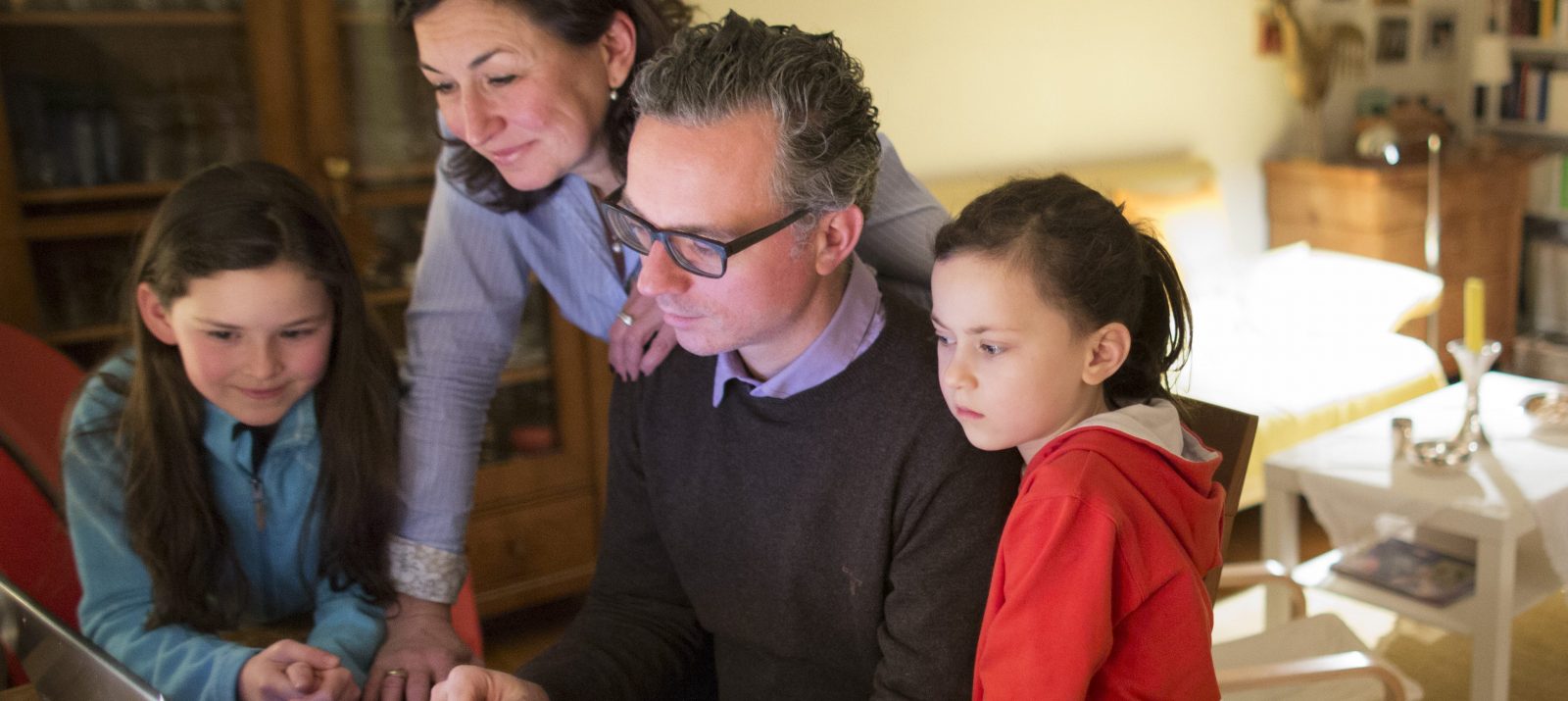
Digital media are useful and versatile. With its functions we can organize, learn, create and last but not least have a lot of fun. No wonder they have conquered our everyday life. Because media influence our lives in many ways, being able to use them safely is considered a key skill for getting along in the world, just like being able to read, write and do math. This includes, for example, being able to assess and avoid risks such as fake news, stress online or data theft, recognizing and taking advantage of opportunities such as learning with tutorials , and having the most enjoyable experiences possible with media. All of this is part of media literacy. Media literacy therefore means not only being able to operate technical equipment, but also developing an understanding of how media are made and who makes sure that certain messages are broadcast, for example. Anyone who is media literate knows how and why he or she uses which media. You can assess and avert negative effects, but also approach media and their opportunities in a positive way.
The call for “more media literacy” often refers to children and young people because they are to be prepared for the world of tomorrow. We don’t know this world yet, but we can be sure that media – especially the Internet – will play a major role.
Imagine the Internet is like a city: there are playgrounds, nice stores, but also traffic and unknown people. You don’t just send your little one off, but take the first steps together, showing them everything, e.g. what to look out for when crossing a street, how to use a slide, that you have to pay at the bakery and you don’t just go along with strangers. That’s exactly how it should be on the Internet. Take your child by the hand and accompany them as they explore the digital world.
Developing media literacy is a joint family task right from the start – siblings also play a role. The younger your child, the more you as a parent need to take responsibility for media use and be a role model. As children and adolescents get older, they can and should increasingly be allowed to have their own experiences and discoveries. Stay interested and in conversation with your child throughout this process. Common rules for dealing with media are helpful for you and your children.
To be able to accompany your child, you also need to be media literate. As a parent, you should try to acquire media literacy, together with your child, other parents or through offers from schools and other educational institutions. The same applies to teachers, since they are supposed to teach children and young people and promote their media skills. At ARD, you can find a lot of information, video clips, etc. online under “Strengthening media competence together“.
It is also important for other reasons that all people develop media literacy. Many professionals are continuing their education because work processes are organized digitally. Older people have many opportunities and possibilities to use media in everyday life for their own purposes; grandma and grandpa, for example, can stay in touch with their grandson via video chat. If you want to find out how competent you are in dealing with media, try this self-test.